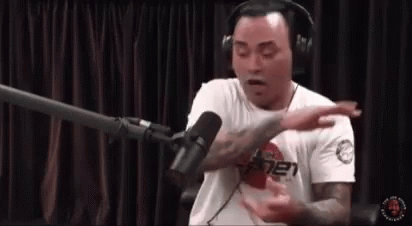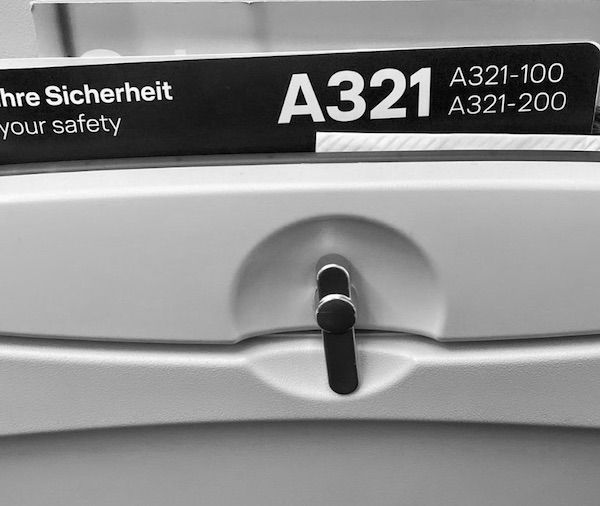It's 10:35 pm, so please excuse some smaller mistakes in grammar/spelling.
Today's Rainy Sunday won't be very long because I had a busy week, traveling three days to Toulouse, yesterday to Berlin, and I am currently writing my Review of the Year 2021 together with [[Pascal Hemberger]]. We will also be discussing our way of setting as well as tracking goals because it is something almost everybody is doing EoY. If you are interested in the current state, you can get the current here.
So let's head in.
Workshops in Toulouse
I flew to Toulouse on Monday for two days of workshops regarding my newly started project for 2022. Unfortunately, I am not allowed to give you any information on what it is about due to its confidentiality.
What I can tell you is that it was surprising to me (again) how #Workshops are generally handled. Here come the common mistakes - I personally believe - many knowledge workers are making:
- Mistake: 50% of the results of a workshop is the preparation.
- Mistake: Confusing a presentation with a workshop.
- Mistake: Nobody moderates the workshop.
- Mistake: Nobody brings the results together in a shared document to visualize the progress of the resolution.
- Mistake: If you moderate a workshop, you should not be involved as an expert in the area the problem is occurring.
A workshop means that a group of people comes together to work on a predefined problem in order to find a solution or at least get closer to a solution/result. I am planning to write up a detailed "How to" for workshops in general, but for now, I will give you a few quick wins:
Let's start with the beautiful differentiation by Nils Pflaeging from his Keynote in 2017 at Systemhauskongress in Düsseldorf organized by IDG:

Although he makes a completely different point with his images, the procedure is the same:
- Capture opinion-based input: You have a few people with loose opinions around what the problem looks like, which I call "perspectives" (left image).
- Consolidate the input: If you moderate the workshop, your job is to structure & consolidate the perspectives around clusters, categories, tags, or any other kind of shared characteristic. I call them "interdependent packages" (2nd to the left image)
- Process the input into output: Now bring the interdependent packages into a logical order to make them achievable and approachable. These are the steps to deconstruct the problem in a concrete way indicating potential risks you might be confronted with (second to the right image).
- Get creative: This is the most complicated thing because the people involved need to be creative. But if they are at least a bit, you will be able to bring up surprisingly simple (not easy) actions & approaches to complex risks & solutions (right image).
- Document all the way transparently in a digital tool (I use diagram.net) so physically present collaborators, as well as remote participants, can see it and understand the underlying logical structure.
When you become very good at it, you will be able to do almost everything in parallel. I have a concrete example from this Wednesday.
The input of the participants was documented like this:

The initial thought was to document it like this:

This was the moment I intervened and proposed to approach it differently, and the result I documented looked like this. Of course, I went over the details afterward and fine-tuned it with a legend and color-coding. But as you can see, it is way more appealing to the logical mind to see it in a chart.

This is also the reason why I went to Toulouse: Imagine Business is a school and managers are teachers: You need to make a good impression in the beginning! If you do, you will benefit from it the rest of the time if you don't completely f*ck up.
So, get there physically, listen, be interested, ask what you don't understand, make contributions when you see fit, and leave an impact. The feedback was indeed great:

Berlin
Yesterday, I went to Berlin. It was a super intense experience. The reason is that I really feel connected not only to people but especially to places, smells & sounds. I always thought everybody is like that, but after talking to a friend it does not seem so.
Well, what can I say: I was very happy to be able to be back in Berlin after 2.5 years (due to Covid) because the city is inspiring. To be honest: Berlin could be an autonomous state within Germany, like San Marino or Monaco because it is so different. For sure, there are many issues and things I do not agree with; I do not even like the people who live there (jokingly) but you cannot deny the energy this city spreads.
I enjoyed that I encountered some drama which I completely created myself out of nothing. My emotions were about running this hot:

After the drama, I enjoyed some Dim Sum with a friend who deliberately challenged me on my effect on people. It was a really interesting discussion because I was kind of in a vulnerable state, which basically meant that I was open to feedback. To make it easier, I will simplify her point extremely: She said that I am well aware of my effect on people, playing with expectations, trying to see where the limit of a potential upset is, and then poking it. Well, she is not wrong with that opinion! Nevertheless, this is a point for another occasion as the thoughts and emotions are still too fresh.
Afterward, I enjoyed & appreciated the time with my family in the evening. One of my uncles lives in Berlin and we had a great time with his family.
The thing that touched me, was that my cousin's daughter is already five years old and I only met her twice. She was naturally very shy towards me because I am a stranger to her. Hence, I decided to come more regularly to visit her because I just wanted to be part of her life. She is #Famiglia and I would love her to know me as her relative.
I will leave you with a quote by my friend I met for
Dim Sum on Saturday: Family is everything. Especially, if
you have a relatively intact one.
